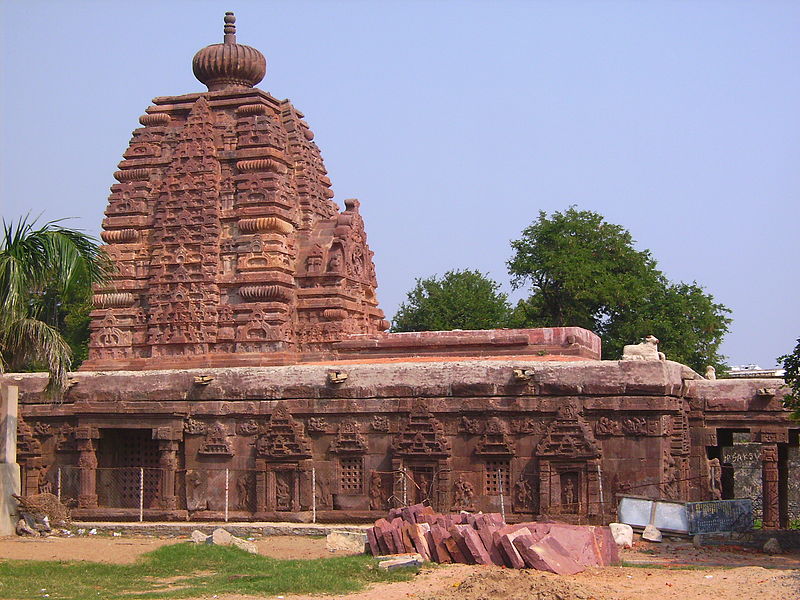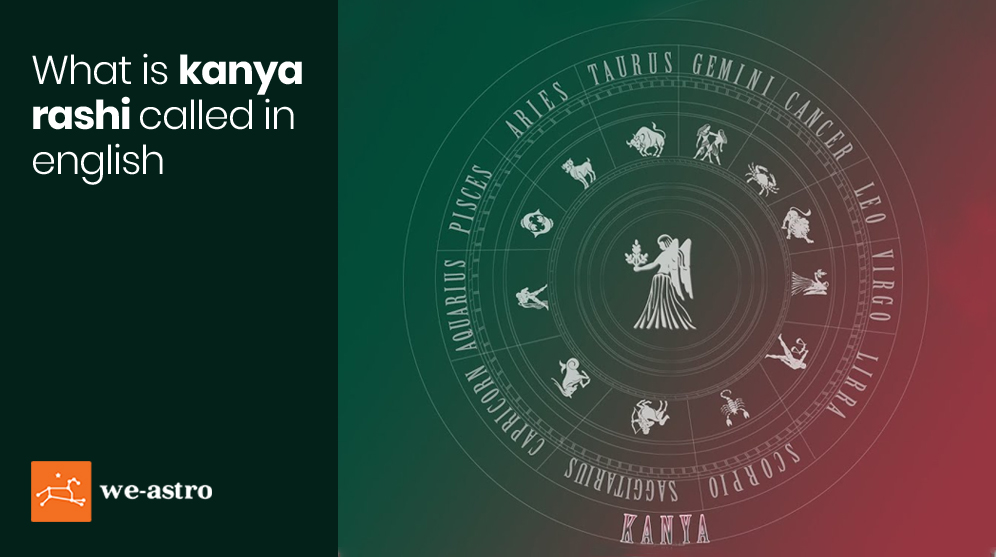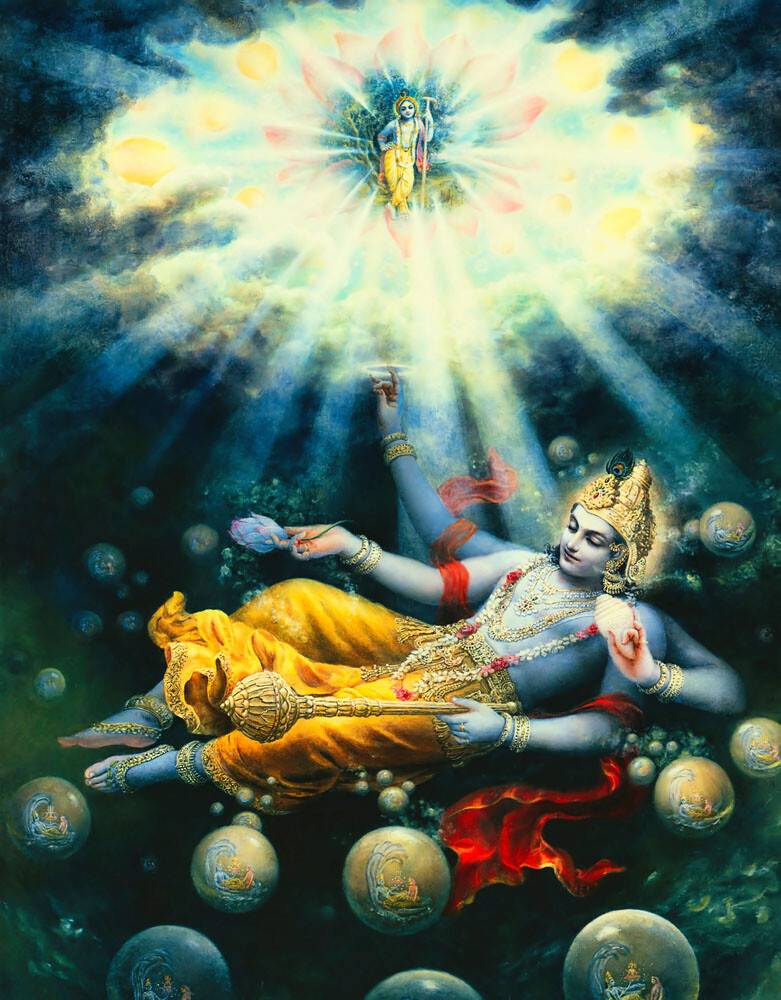Decoding the Rivalry: Lord Shiva's Formidable Foe in Hindu Mythology
Explore the epic tales and mythologies of Hinduism, unraveling the complex relationship between Lord Shiva and his biggest enemy, his ego.

Ancient Hindu scriptures abound with depictions of divine antagonisms and cosmic clashes, but when it comes to Lord Shiva, identifying a singular 'biggest enemy' is not simple or straightforward. Shiva, also known as Mahadeva (the Great God), is one of the principal deities of Hinduism. Being part of the supreme triad that includes Brahma and Vishnu, Shiva is revered as the destroyer or transformer.
Perplexingly, Shiva doesn't have a 'biggest enemy' in the conventional interpretation of the term. Lord Shiva is the epitome of detachment and transcendence, existing beyond mortal concepts of friend and foe. Nevertheless, there are narratives of Shiva's encounters with entities who've tried to disrupt the cosmic balance, like the Asuras (demons). Yet, these were not personal grudges but manifestations of their Dharma, or duty, to uphold righteousness.
One prominent story from Hindu mythology involves Shiva and the demon Tripura. This demon, empowered by Shiva's own boon, caused significant disruption in the universe. In the end, Shiva himself had to annihilate Tripura to restore order, symbolizing the cycle of creation and destruction.
However, perhaps the most significant 'enemy' of Lord Shiva can be seen as the human ego and ignorance, symbolized by the demon Apasmara whom Shiva perpetually crushes under his foot in his Nataraja form. This represents the eternal struggle of humans to conquer ignorance and achieve liberation.
So, while there aren't traditional 'enemies' of Shiva, the narratives involving adversarial forces serve to underline the principles he embodies – destruction for transformation and the continual struggle against ignorance and ego. In the grand cosmic scheme, Shiva's role is to maintain balance and ensure the cyclical nature of the universe, with his 'adversaries' merely playing their part in this divine play.




